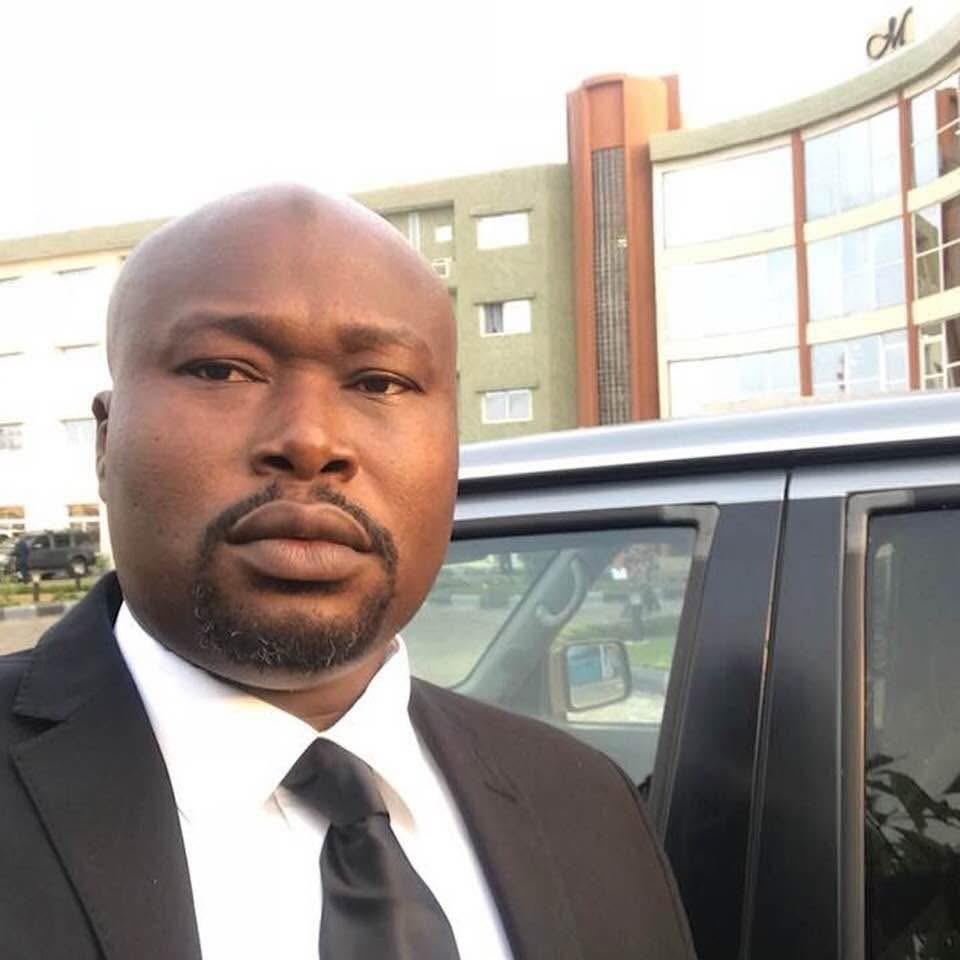The Ministry of Mines and Energy in Liberia has unearthed a complex web of fraudulent activities involving two mining companies, Hamak Mining and its successor, 79 Resources, exposing systemic flaws within the country’s mineral resource management. The investigation reveals a pattern of license fraud, financial malpractice, and regulatory negligence that has deprived Liberia of significant revenue and resource control. At the heart of this scandal is Mr. Amara Kamara, a Liberian businessman whose companies have exploited loopholes and manipulated processes for personal gain. Attempts to contact Mr. Kamara for comment were unsuccessful.
Hamak Mining, originally granted the license for the lucrative Nimba gold deposit, failed to fulfill its operational obligations, conducting no substantial exploration despite the area’s known potential and ongoing artisanal mining activities. Compounding this inaction, Hamak allowed its license to expire in 2017 without formally applying for renewal, a clear violation of Liberian mining law. The company’s claim of a “special extension” granted by the former Ministry proved to be fabricated, with no supporting documentation found in Ministry records. Furthermore, Hamak accumulated a substantial debt of over $400,000 in unpaid license fees, demonstrating a blatant disregard for legal and financial responsibilities.
Facing the consequences of its expired license and mounting legal pressure, Hamak attempted to circumvent accountability by rebranding itself as 79 Resources and reapplying for the same license area. This maneuver, designed to evade regulatory scrutiny, was deemed illegal by the Ministry. The investigation revealed that 79 Resources is wholly owned by Hamak, effectively making it a shell company designed to perpetuate the existing fraudulent activities. The submission of contradictory banking documents, including two different Ecobank account numbers, further solidified suspicions of financial manipulation.
The investigation was triggered when the newly appointed Minister of Mines and Energy, Wilmot J.M. Paye, discovered that both 79 Resources and a competing company, Northwestern Mining, had made payments for the same license area. A Special Investigation Committee (SIC) was formed to unravel the complexities of the situation. The SIC’s findings confirmed the fraudulent nature of 79 Resources’ application, highlighting inconsistencies in submitted documents, including the use of two different Tax Identification Numbers (TINs). The investigation also implicated a senior Ministry official who, inexplicably, approved payment invoices from both companies for the same license area, raising concerns about potential corruption or gross incompetence within the Ministry itself.
The SIC report delivered a series of urgent recommendations to address the identified issues. These recommendations include the immediate suspension of all applications for the disputed license area, the refund of payments made by both 79 Resources and Northwestern Mining, and a thorough investigation into Hamak’s tax waivers and the relationship between Northwestern Mining and a related entity, Northwestern Investment. The report stressed the need for improved internal controls within the Ministry, including enhanced verification procedures for license applications and stronger collaboration with banks and the Financial Intelligence Agency to authenticate financial documentation.
The scandal surrounding the Nimba gold license exposes a deeply flawed system within Liberia’s mining sector. The actions of Hamak Mining and 79 Resources, characterized by deceit and disregard for the law, have deprived the Liberian people of their rightful share of national wealth. The investigation not only highlights the need for immediate action against the companies involved but also underscores the urgency of implementing comprehensive reforms to prevent future abuses. The Ministry of Mines and Energy must demonstrate its commitment to transparency and accountability by pursuing legal action against those responsible and strengthening regulatory oversight of the mining industry. This incident serves as a stark reminder of the vulnerability of resource-rich countries to exploitation and the critical importance of robust governance and regulatory frameworks. The Liberian government must act decisively to restore public trust and ensure that the country’s mineral resources are managed for the benefit of all its citizens.














